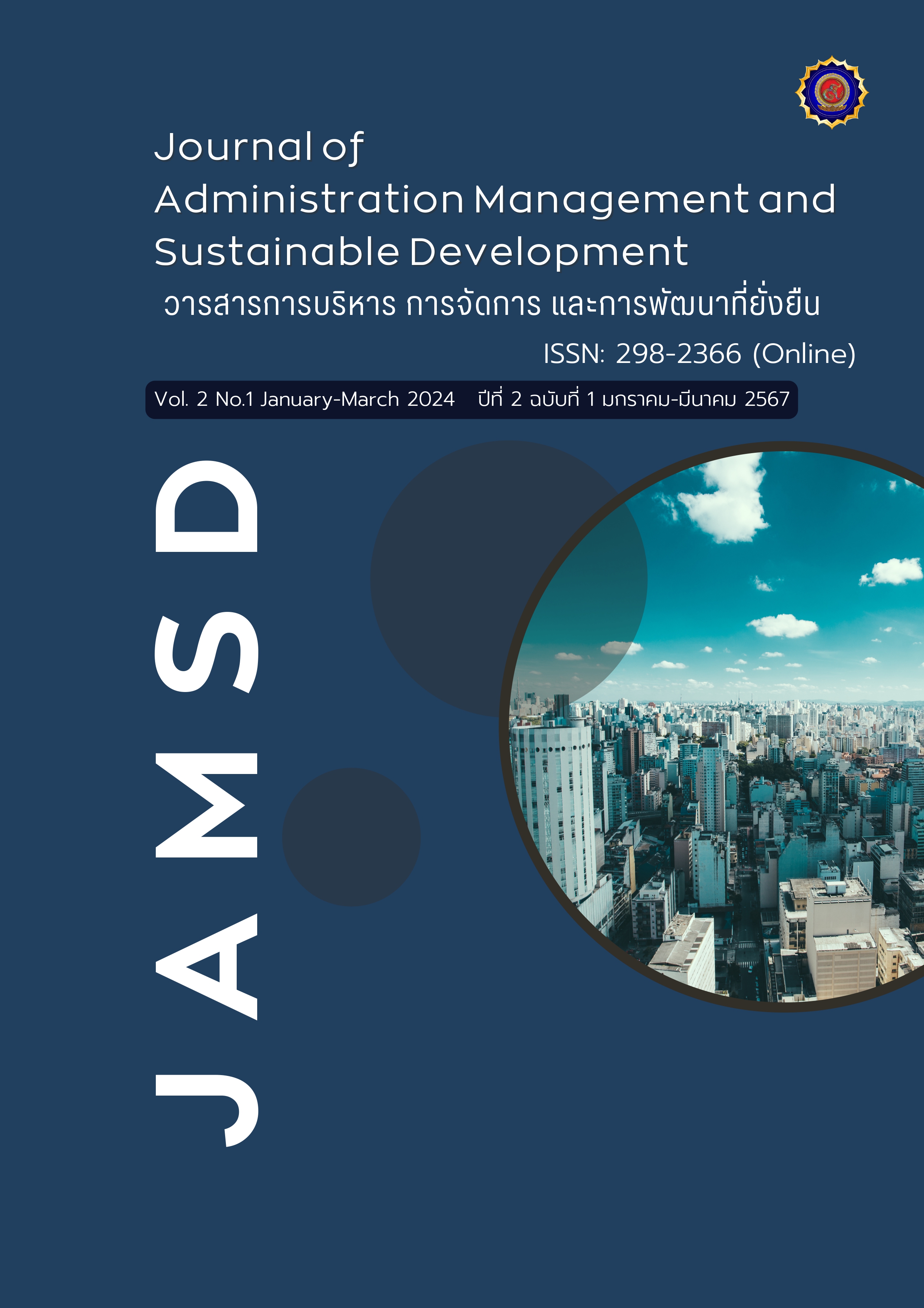Good governance: The new frontier in the digital age
Keywords:
Good GovernanceAbstract
Good Governance or ethical management is a guiding principle for organizing society, encompassing the public sector, private businesses, and the general public. It covers academic, operational, governmental, and business aspects, allowing them to coexist harmoniously, fostering knowledge, unity, and collaborative efforts for sustainable development. This approach strengthens the nation's resilience and prepares it to prevent or mitigate potential crises in the future. It instills in society a sense of justice, ethics, transparency, participation, responsibility, and value – key attributes of human dignity and democratic governance. [Good Governance] Applying the principles of Good Governance to the management of communities and societies has significant benefits. It leads to efficient governance systems, builds public confidence, reduces corruption, and creates an environment conducive to development at the local, regional, and national levels It is an essential guideline that the government has adopted to organize society, enabling the public and communities to coexist harmoniously for the common good. This framework aims to prevent, address, or alleviate various issues or crises in the realms of economics, society, politics, governance, and the environment that may occur or arise in the future. Government agencies and officials at all levels—central, regional, and local—must develop their organizations and themselves to facilitate convenience and provide services to the public transparently and efficiently. They should avoid unnecessary bureaucratic processes, ensure value for the citizens, and have a key objective: the progress and stability of the nation, leading to an improved quality of life for the people. The application of the principles of Good Governance within government organizations is intended to instill trust in the public, indicating that operations are transparent, citizens actively participate in governmental activities, and corrupt practices within organizations are minimized.






